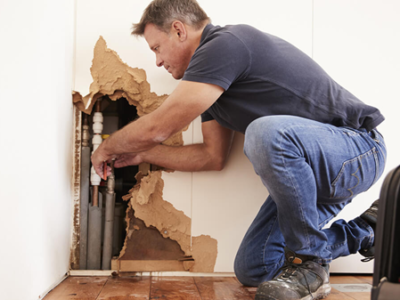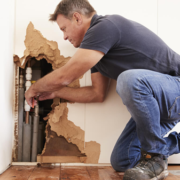The growing concern for sustainability is shaping many aspects of our daily lives in the UK, including the way we maintain and enhance our properties. Leeds Fencing Company, a reputable fencing contractor in Leeds, understands the importance of reducing individual carbon footprints through environmentally conscious decisions. This commitment is evident in their use of sustainable materials for fence repairs and installations.
Fencing companies in Leeds, like Leeds Fencing Company, are responding to the demand for contemporary fencing that not only boosts curb appeal but also supports a culture of sustainability. Garden fencing, a reflection of this green initiative, provides homeowners with an opportunity to contribute to environmental protection while securing their homes. The installation of new fences made from durable, eco-friendly materials ensures longevity and reduces the need for frequent replacements.
Moreover, fencing contractors in Leeds are innovating with fencing panels that complement the latest trends in interior design and organisation. Contemporary fencing options offered by these companies are designed to blend seamlessly with the aesthetic of modern gardens, underscoring the role of outdoor spaces in promoting a sustainable lifestyle. Their services cover everything from the initial design to the final implementation of garden fencing, ensuring that each new fence contributes positively to the environment.
By choosing a fencing company like Leeds Fencing Company for fence installation, residents take a step towards a more sustainable living space. The expertise of such a contractor ensures that every aspect of fencing work, from the choice of materials to the methods of construction, aligns with the goal of carbon neutrality. In this way, individuals can offset their environmental impact not just at home but also across their routine activities, embracing a property designed for a greener future.
Food Waste Into Soil Health
One of the single biggest contributors to carbon output in the home is food waste. Around a third of all food produced in the UK is, ultimately, wasted. This means that each time ingredients are forgotten about and then added to the bin, residents are substantially adding to their own carbon footprints.
With the addition of home composting systems, this waste is offset and leftover foods are rescued from the landfill, instead, of being transformed into healthy soil. This soil can then be added to the plants and ingredients growing in a garden space, improving the quality, flavour, and nutritional value of what’s grown!
Going Solar
There were initial criticisms of solar panels, largely that they were inefficient and expensive, but these have long since been dismissed. Now, solar panels are regarded as a must for homes looking to both reduce their carbon footprint and their energy bills in the long run.
Panels have also gotten smaller too, being able to sit atop garden sheds and log cabins with the aim of charging batteries. These batteries can then be used indoors to charge small appliances or kept outdoors to power e-bikes and other assets.
Furniture Shopping
Changing the habits of one’s decorating can have a significant impact on a carbon footprint. Furniture, for example, can be chosen for its manufacturing, with priority given to local and sustainably produced materials. Homeowners can shift their preference away from artificial materials and assets that are imported great distances to higher-quality and organic alternatives. This, of course, generally comes with a more significant price tag but tends to assure a more long-lasting purchase.
Technological Support
The brilliance of smart devices is not solely that they make tasks more efficient, or altogether remove them from our To-Do Lists, but that they have the ability to dramatically reduce our energy usage. Smart home devices can, for example, detect when residents are home and adapt consumption accordingly, turning off lights and switching off the heat. They can also be operated from mobile devices meaning that homeowners are able to live track their home’s energy consumption and adjust their devices accordingly.













Comments